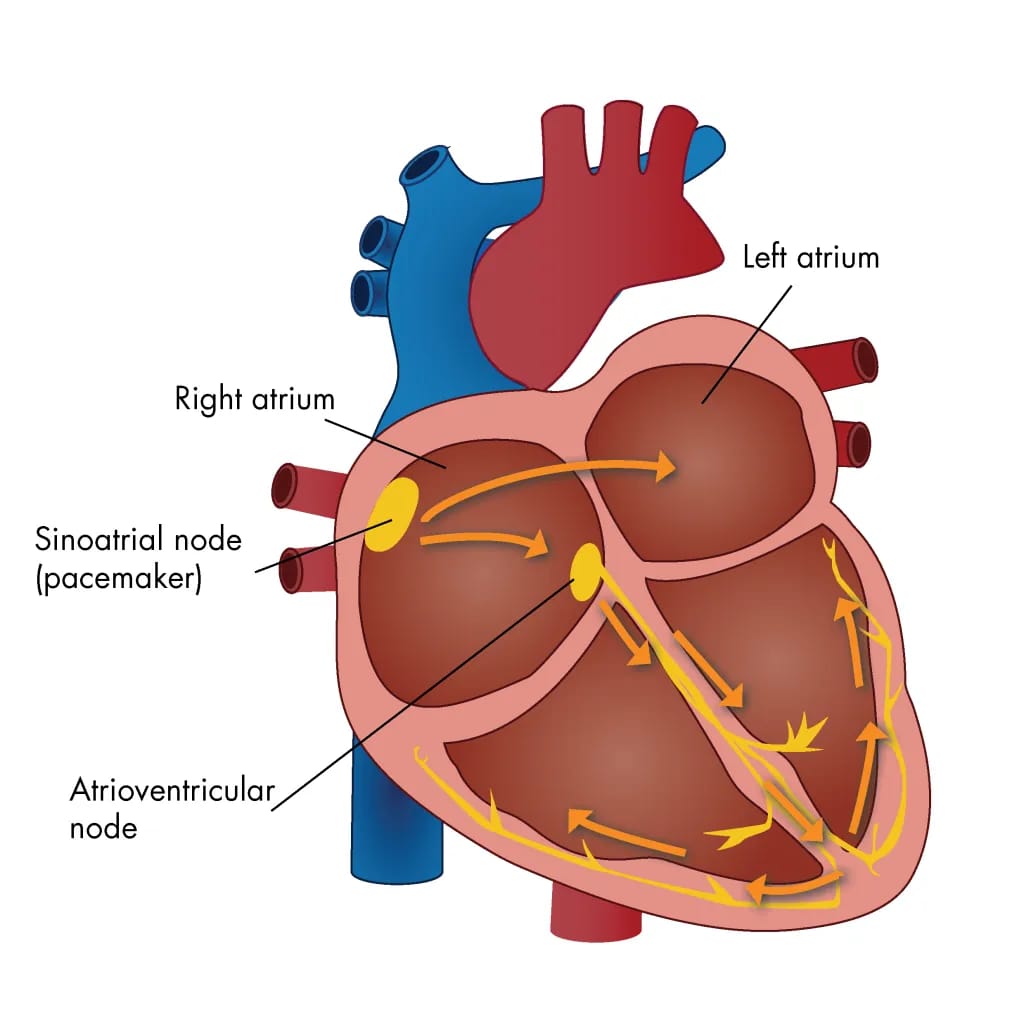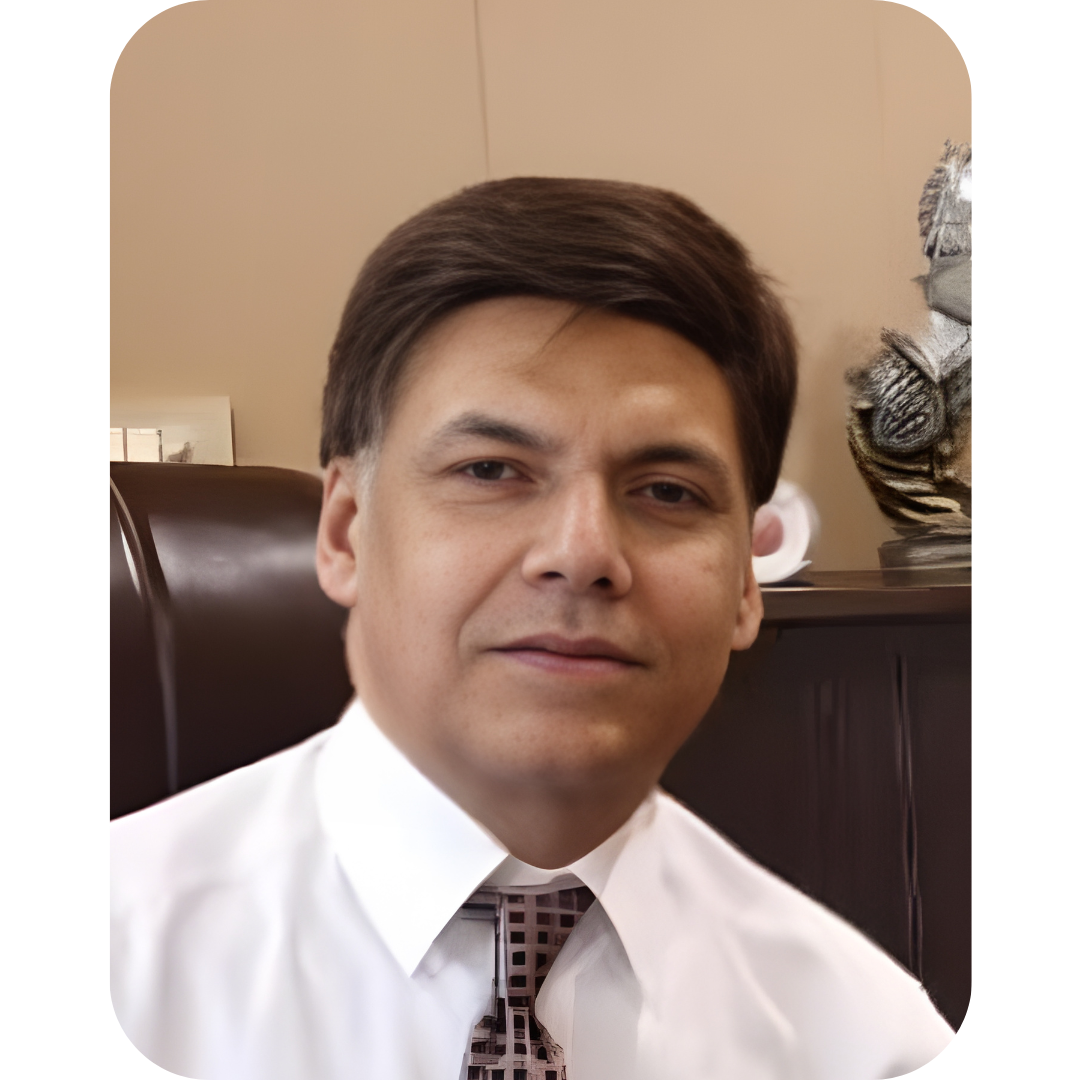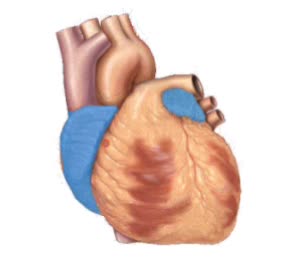Why the Heart Thinks Before the Brain — More Than Just a Pump

A Physician’s Reflection on the Hidden Intelligence of the Heart
For most of my early clinical training, the heart was taught as a muscular pump — essential, yes, but mechanical. It contracted. It relaxed. It circulated blood. End of story.
But years into medical practice — after witnessing patients cry, love, suffer, rejoice, and collapse — I can no longer see the heart as just a pump.
Something deeper resides there. Something that thinks, senses, and responds — sometimes before the brain even catches up.
The Heart’s Nervous System: A “Brain Within the Chest”
Very few people know that the heart contains its own mini brain — over 40,000 neurons, organized in a way that allows it to act independently, process signals, and send messages to the brain, not just from it.
This isn't mysticism. It’s measured, mapped, and scientifically accepted.
The vagus nerve, our longest cranial nerve, is the highway between the brain and the heart — but over 80% of the nerve fibers run from the heart upward, not downward.
In simple terms:
The heart speaks to the brain more than the brain speaks to the heart.
This changes everything we assumed about decision-making, emotions, and human behavior.
Emotional Responses Start in the Heart
In my clinical experience, I’ve seen:
• Blood pressure spike not from salt, but from suppressed rage.
• Atrial fibrillation episodes triggered by grief, not exertion.
• Sudden chest heaviness in those who carry unseen emotional burdens.
In those moments, ECGs may be normal, angiograms unremarkable — but the heart is clearly in distress.
When a patient sighs deeply and says, “Doctor, something doesn’t feel right here,”
pointing to their chest — I don’t ignore it.
They’re not always talking about ischemia.
They may be speaking about loss, guilt, regret, love, betrayal, or an unhealed wound.
The Spiritual View: The Heart as the True Center
Long before medical science caught up, ancient traditions — especially Islamic, Sufi, and Eastern thought — regarded the heart as the seat of consciousness.
In the Qur’an, the term قلب (Qalb) is used not just to describe a biological organ, but a center of perception, guidance, and faith.
“They have hearts, but they do not understand…”
– Qur’an 7:179
This is not poetic exaggeration. It’s metaphysical truth wrapped in biological reality.
Even in Sufism, the heart is where the Divine is felt — where clarity emerges, not from logic but from stillness. A physician may diagnose. But only a quiet heart can discern.
Scientific Proof Meets Ancient Wisdom
Modern institutes like the HeartMath Institute have spent decades studying “heart coherence” — the state where the heart rhythm becomes smooth, balanced, and synchronized with breath and emotion.
In this state:
• Cortisol (stress hormone) drops
• DHEA (healing hormone) rises
• Decision-making sharpens
• Emotional resilience improves
These aren't vague feel-good metrics. These are measurable effects of tuning into the heart — by calming the breath, grounding the thoughts, and softening inner tension.
As a Physician, What I’ve Learned
Over the years, I’ve learned to listen more to what patients feel than what they just say. The heart often tells the story before the symptoms appear.
I’ve seen:
• A mother develop palpitations months after losing her son
• A young man with perfectly normal tests but daily “tightness in chest” after heartbreak
• An old man, widowed, develop bradycardia without a single cardiovascular risk factor
What is this, if not the language of the heart?
I no longer see ECGs, echos, or enzymes in isolation. I see them alongside stories — emotional signatures, spiritual turbulence, psychological silence.
The heart doesn't lie. It reflects.
How to Listen to Your Heart (Literally)
If you ask me, “Doctor, how do I know what my heart is telling me?”
Here’s what I recommend — not just as a physician, but as someone who has observed people in their most honest moments:
• Slow your breath.
Inhale gently. Exhale longer. Repeat. The heart rhythm responds.
• Place your hand on your chest.
Not to feel the beat — but to feel your own presence.
• Ask yourself a question in stillness.
If your chest tightens, pauses, or warms — notice. The body always responds.
• Write after you sit.
Sometimes the heart speaks more clearly through your hand.
• Respect your heart's rhythm.
Avoid those who disturb it. Embrace those who calm it.
We’ve spent years learning how the brain works.
But perhaps the more urgent lesson is: how the heart guides.
The heart is not a servant of the brain. It’s often the first responder — to love, danger, joy, or loss.
If you truly want to heal, don’t just monitor your pulse.
Measure your peace.
If you want clarity, don’t just stimulate your mind.
Listen to your chest.
Because long before your mind decides —
your heart already knows.
By Dr. Mohammed Tanweer Khan
A Proactive/Holistic Physician
Founder of WithinTheBody.com

